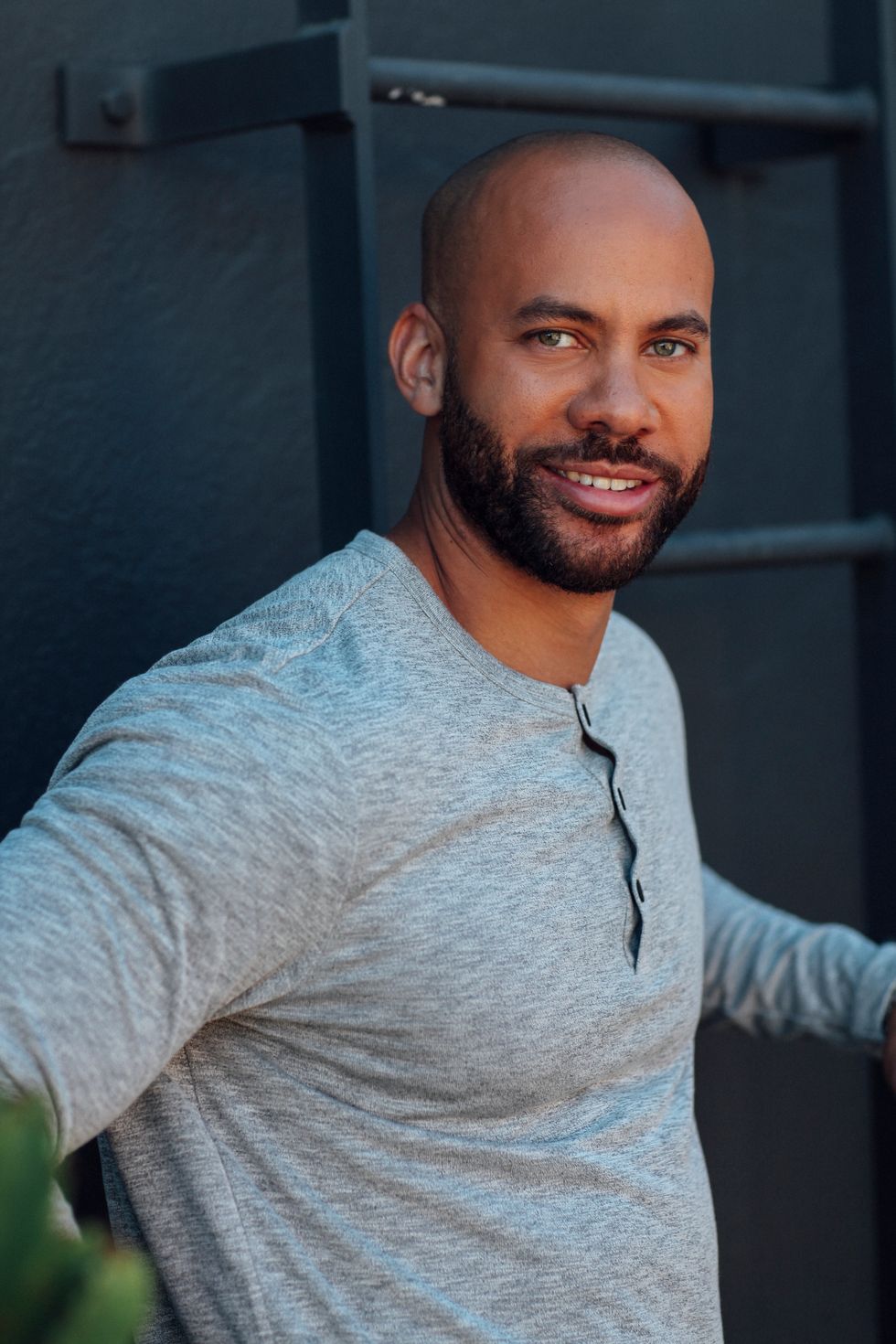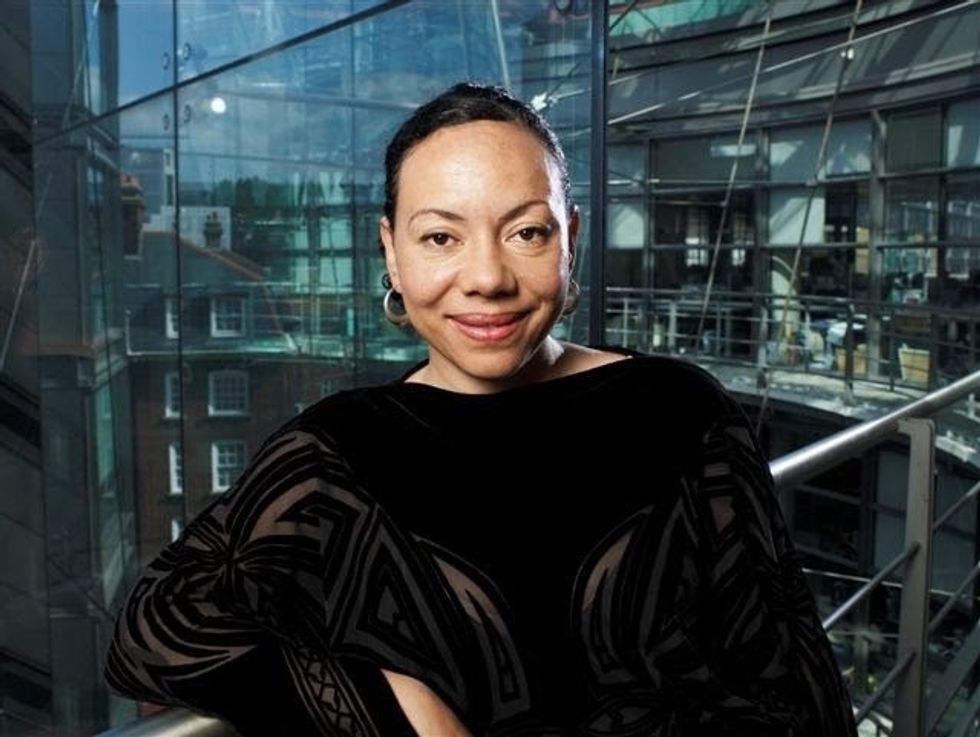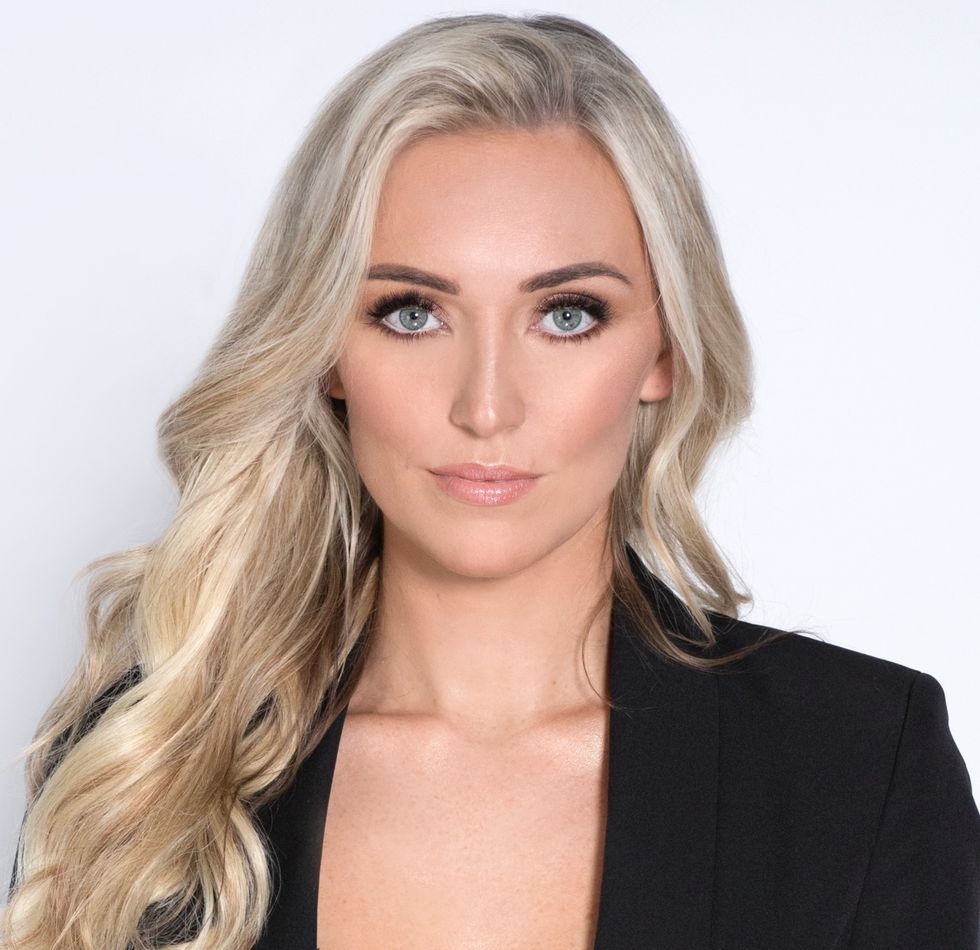I've always hated annual reviews. That's not an encouraging start to giving advice, I know, but it's my reality, and unfortunately it's all too common. So why do so many of us loathe annual reviews?
For starters, they take too long. At all of my previous companies, we would spend at least three months on the process, from individual reviews to manager feedback to compensation and promotion approvals. The annual review conversation has also never been very useful outside of inducing anxiety at the end of the year; Due to its infrequency, the ups and downs of the year aren't accounted for, and we learn very little as managers and employees as a result. Topping it off, annual reviews have historically just been about performance, leaving a critical piece — employee engagement — unaddressed in the most influential evaluations throughout an employee's career.
Leaders and technology providers are grappling with how to solve these challenges now that company culture and employee engagement are widely accepted as performance drivers. We now know through data that business success is no longer just about "human engineering," or how we deploy our workforce effectively; it's now also about whether people are motivated and driven by the mission and culture. And, critically, success comes down to how these two pieces intersect to drive success forward.
To make annual reviews worthwhile and valuable to both managers and employees, we need to re-engineer the process. Your approach will be company and culture-specific, and in fact, mine has changed with each company I've founded, but focusing on these three areas will help guide a modern approach:
Check in Frequently with Two-Way Feedback
Having a review once a year sets both the employee and manager up for failure. So much happens within that time span, particularly at high-growth companies, and if you only talk about performance and engagement once a year you are leaving so many success-driving opportunities on the table. In fact, abandon the term "annual review" entirely.
Instead, focus on frequency. Conduct weekly 1:1 meetings to cover tactical work and ways in which managers can remove roadblocks, use quarterly check-ins to assess the overall state of employee engagement and have slightly longer check-ins every six months that focus on bigger picture performance as well as engagement topics like quality of work, delivery, collaboration, connecting to the mission and career development. Frequency ensures the end of year conversation — often the hardest one because it dictates promotions and compensation — will not come as a surprise.
Equally important, make sure these conversations or check-ins incorporate 360° feedback, anonymously and through technology so the employee feels empowered and safe to share honestly. It's just as critical for the employee to share what the manager can do to help drive performance and engagement as it is for the manager to provide feedback to the employee. This was something we did well at Zillow, and our implementation of 360° feedback ended up producing great insights that led to successful leadership training programs and artifacts like the "leadership playbook," a guide of principles that became words to live by similar to our core values.
Be intentional with Time and Topics
Help your teams keep the process manageable by providing specific guidance through time-boxing, ie. self evaluations should take no longer than 30 minutes, 360° feedback should take no more than 5 minutes per leader and manager feedback should take no more than 30 minutes per direct report. It's easy to get carried away, especially on the employee's side, when they know their evaluation is tied to their compensation. Time-boxing helps avoid this.
Focusing your topics is equally important, particularly when it comes to compensation. Limit conversations about compensation to once a year (because that's typically the only time you can do anything about it), and separate compensation discussions from those about performance, if only by a few days. This ensures employees hear both critical pieces; if you combine the two, they'll only pay attention to the numbers.
Invest in an HR Platform
Everything I've recommended thus far can be made better, less biased and more efficient with HR technology. But understanding engagement is where this space is getting really exciting and game-changing for companies, because as we lose cultural artifacts we've relied on, such as office environments, other aspects of our culture like how we communicate and how we make decisions shine brighter and have a greater influence on engagement.
At my latest startup, Pacaso, we use Officevibe to conduct weekly pulse checks of our virtual workforce, and these help us assess in real-time whether our employees are inspired by and mapping to the mission, understanding their role and feeling represented and supported by their manager and the company. It gives us actionable information to keep us on the right path.
Pulse checks are just one piece of the puzzle. CultureAmp, for example, provides insights on peer feedback and company-wide performance reviews that help combat bias and support representation. Qualtrics links regular engagement and pulse survey results with milestones like promotions, role changes and returning from parental leave — all at the company level to protect the individual employees but help the manager navigate performance and engagement needs. AllVoices (in which I'm an investor) provides an anonymous, direct line from employees to leadership to report bullying, harassment, bias or other cultural concerns with the goal of creating safer, more inclusive companies. There is so much we can do with technology to connect performance and engagement and just create better workplaces in general. HR platforms are quickly becoming a critical investment for companies.
Spencer Rascoff is the co-founder of dot.LA, Zillow and Hotwire, as well as the recent proptech startup Pacaso. He was CEO of Zillow for 10 years. He is a sponsor of Supernova Partners Acquisition Company, a special purpose acquisition company. Do you have a founder question? Let him know here!
- Founder Questions: When Should I Not Raise Capital? ›
- Founder Questions: As CEO, How Should I Spend My Time? ›
- Founder Questions: When Should a Startup Hire Its First HR Person? ›
- Founder Questions: As CEO, How Should I Spend My Time? - dot.LA ›
- How to Establish Core Values at a Startup - dot.LA ›
- When Should a Startup Hire Its First HR Person? - dot.LA ›




